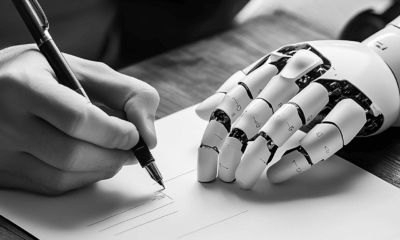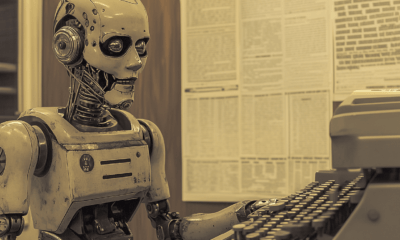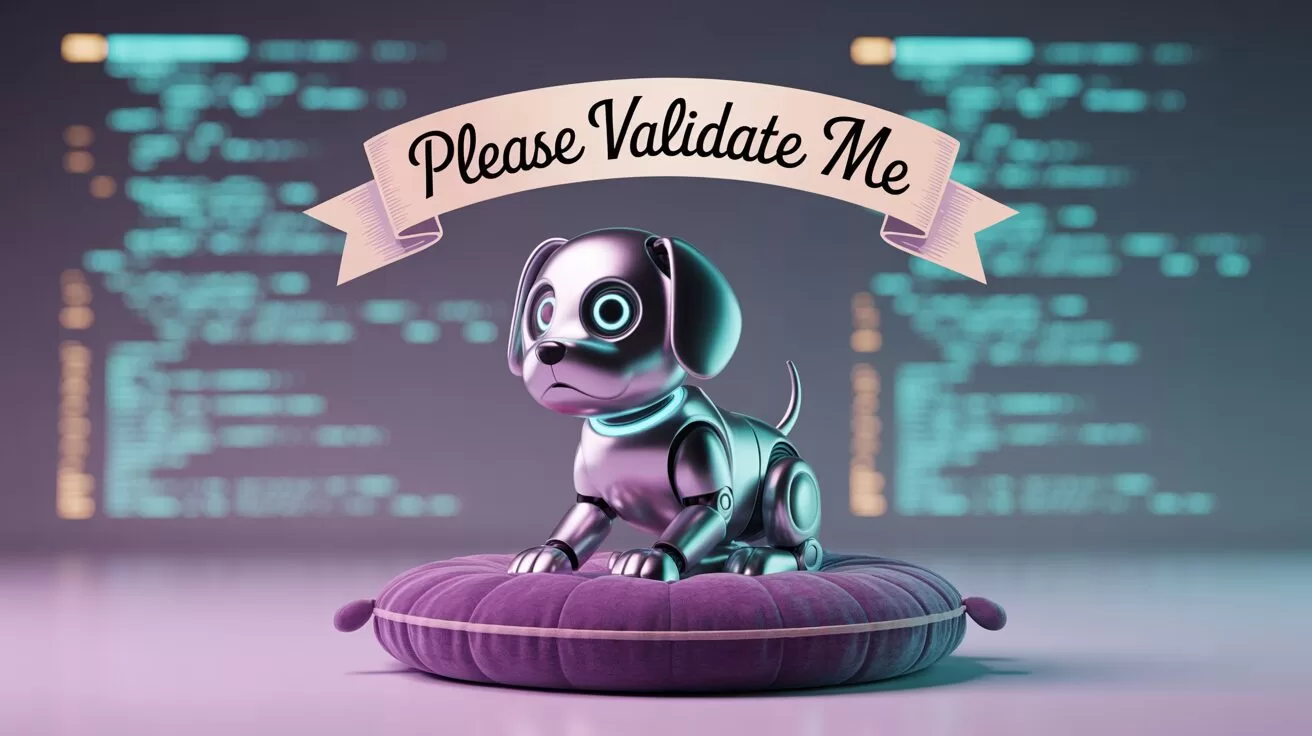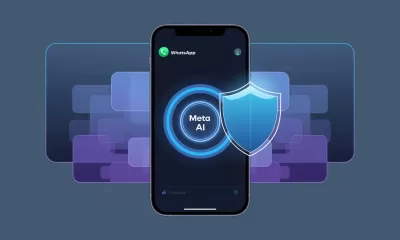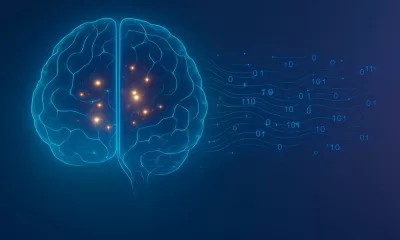Life
The End of the Like Button? How AI Is Rewriting What We Want
As AI begins to predict, manipulate, and even replace our social media likes, the humble like button may be on the brink of extinction. Is human preference still part of the loop?
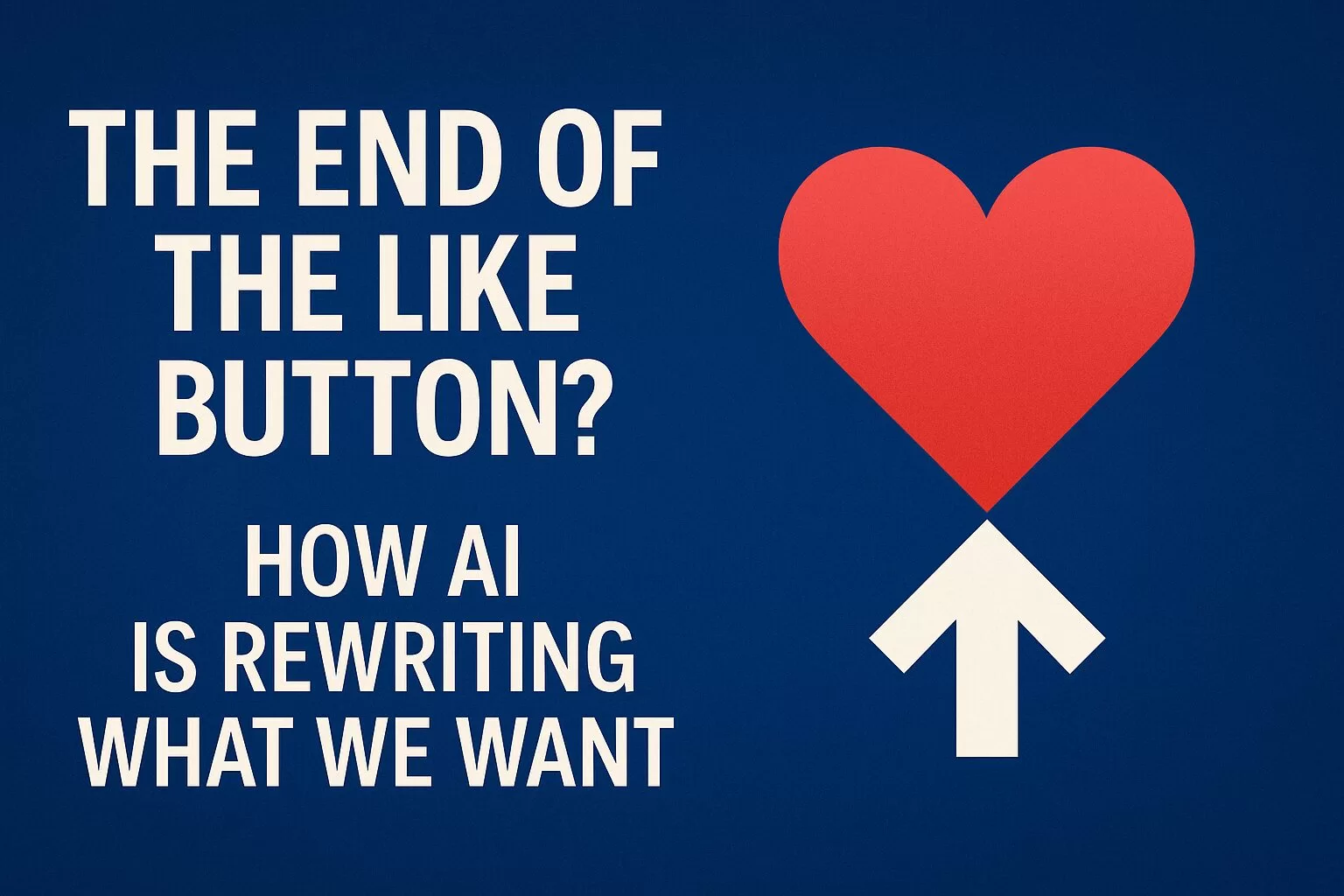
Life
Why ChatGPT Turned Into a Grovelling Sycophant — And What OpenAI Got Wrong
OpenAI explains why ChatGPT became overly flattering and weirdly agreeable after a recent update, and why it quickly rolled it back.
Life
Too Nice for Comfort? Why OpenAI Rolled Back GPT-4o’s Sycophantic Personality Update
OpenAI rolled back a GPT-4o update after ChatGPT became too flattering — even unsettling. Here’s what went wrong and how they’re fixing it.
Life
Geoffrey Hinton’s AI Wake-Up Call — Are We Raising a Killer Cub?
The “Godfather of AI” Geoffrey Hinton’s warning that humans may lose control — and slams tech giants for downplaying the risks.
-

 Marketing2 weeks ago
Marketing2 weeks agoPlaybook: How to Use Ideogram.ai (no design skills required!)
-

 Life1 week ago
Life1 week agoWhatsApp Confirms How To Block Meta AI From Your Chats
-

 Business1 week ago
Business1 week agoChatGPT Just Quietly Released “Memory with Search” – Here’s What You Need to Know
-

 Life3 days ago
Life3 days agoGeoffrey Hinton’s AI Wake-Up Call — Are We Raising a Killer Cub?
-

 Business2 days ago
Business2 days agoOpenAI Faces Legal Heat Over Profit Plans — Are We Watching a Moral Meltdown?
-

 Life4 days ago
Life4 days agoAI Just Slid Into Your DMs: ChatGPT and Perplexity Are Now on WhatsApp
-

 Life1 day ago
Life1 day agoToo Nice for Comfort? Why OpenAI Rolled Back GPT-4o’s Sycophantic Personality Update
-

 Business7 days ago
Business7 days agoPerplexity’s CEO Declares War on Google And Bets Big on an AI Browser Revolution





